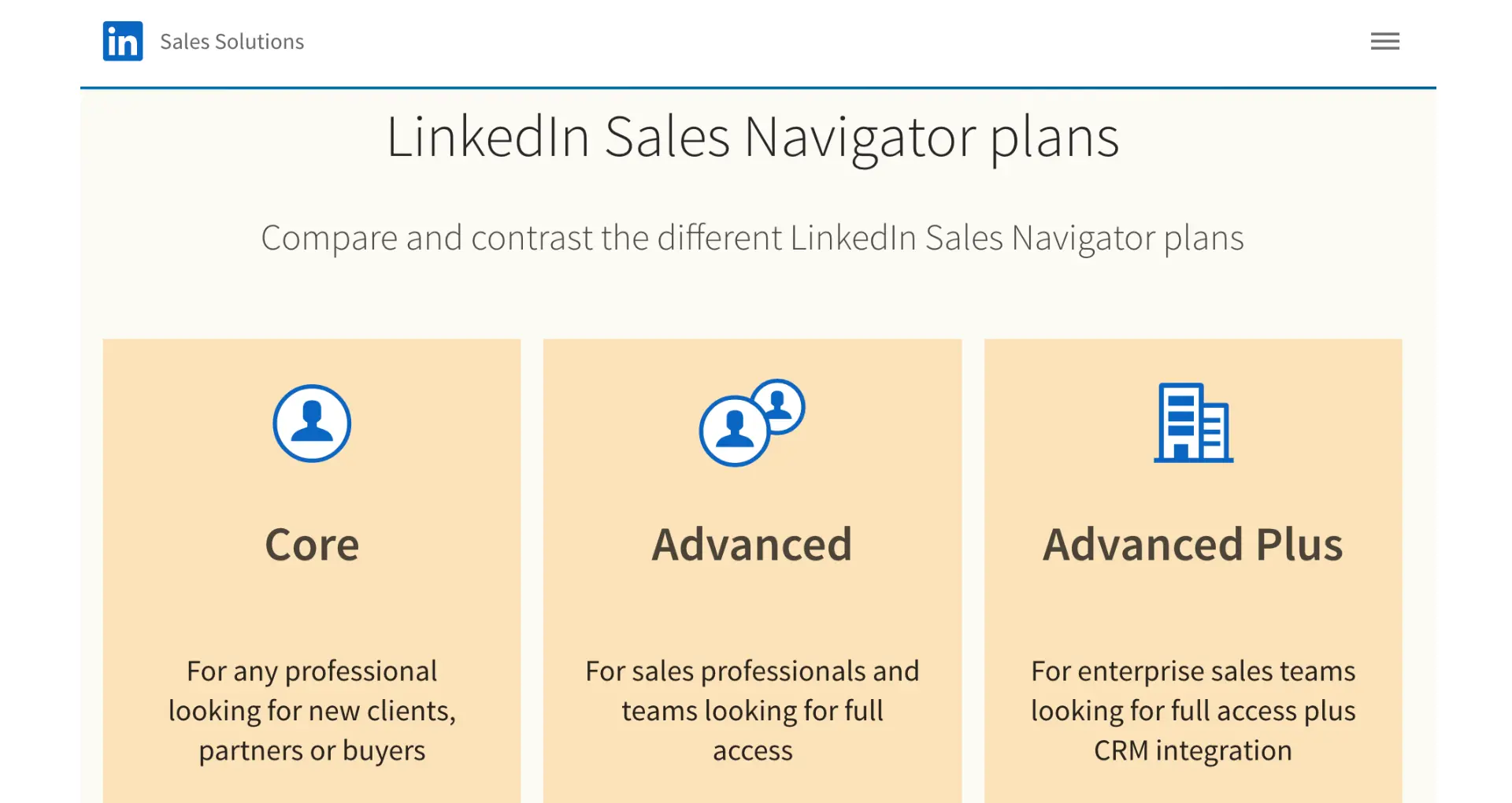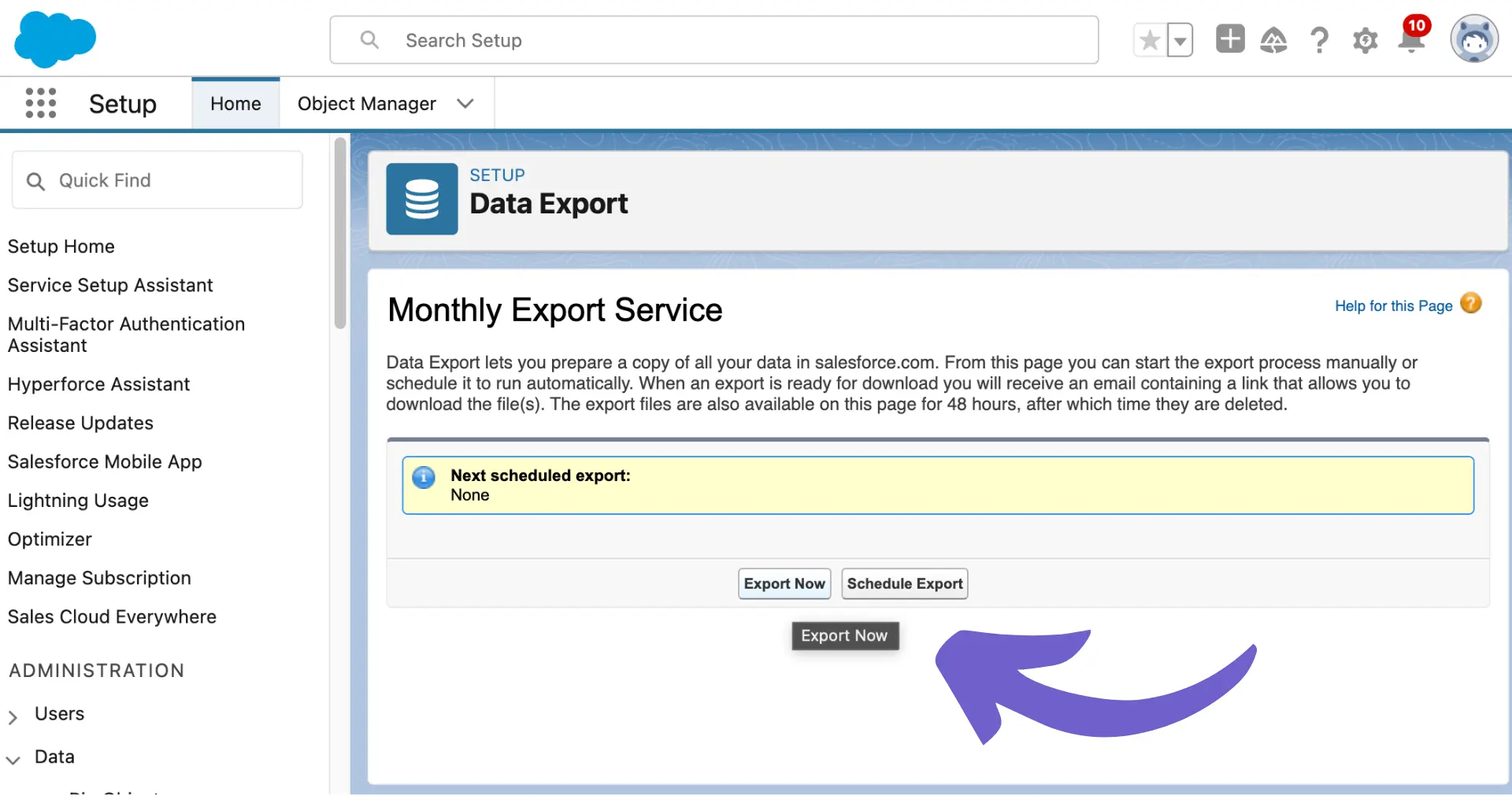Tired of hitting dead ends when trying to expand your LinkedIn network? Hidden connections can be a gold mine for job seekers, salespeople, and networkers alike. But how do you uncover these valuable contacts that are just out of reach?
In this complete guide, we'll walk you through three proven methods to see hidden connections on LinkedIn, from advanced search techniques to AI-powered automation tools like Bardeen. Get ready to unlock a whole new level of networking potential and take your career to new heights!
Understanding LinkedIn's Hidden Connections and Why Users Hide Them
LinkedIn's hidden connections are contacts that users have chosen to keep private and not visible to others. There are several reasons why users may choose to hide their connections:
1. Maintain Privacy and Control
Some users prefer to keep their professional network private for personal reasons. They may not want their contacts to be visible to competitors, recruiters, or other LinkedIn users. By hiding their connections, they maintain control over who can see their network and avoid unwanted contact or solicitation.
2. Avoid Conflicts of Interest
In certain industries or professions, having visible connections with competitors or clients could be perceived as a conflict of interest. For example, if a lawyer representing one company is connected to employees of a rival company, it may raise questions about confidentiality and loyalty. Hiding connections helps avoid these potential conflicts.
3. Protect Client Relationships
Service providers, such as consultants or financial advisors, may hide their connections to protect their client relationships. They don't want competitors to target their clients or for clients to feel uncomfortable about being publicly associated with the provider. Keeping connections hidden maintains trust and privacy in these professional relationships.
Despite these reasons for hiding connections, being able to see hidden connections offers benefits for networking, sales, and job searching. It allows users to identify mutual contacts, request introductions, and expand their professional network. In the next section, we'll explore LinkedIn's privacy settings and policies related to hidden connections.
Understanding why users hide their LinkedIn connections is important for navigating the platform effectively. In the next section, you'll learn about LinkedIn's privacy settings and how they impact your ability to connect LinkedIn profiles.
Using LinkedIn's Advanced Search to Uncover Hidden Connections
LinkedIn's advanced search features are a powerful tool for finding hidden connections that can help you expand your network, generate leads, and discover job opportunities. By leveraging filters like location, industry, company, and more, you can narrow down your search results to find the most relevant people. The "All Filters" option allows you to access even more granular search criteria to uncover 2nd and 3rd degree connections that may be hidden from view. Here's how to make the most of LinkedIn's advanced search:
1. Filter by Location, Industry, and Company
Start by using the location, industry, and company filters to narrow down your search results. For example, if you're looking for sales prospects in the tech industry in San Francisco, you can select those specific criteria. This will help you find relevant people who may be hidden connections of your existing contacts.
2. Use the "All Filters" Option
Click on the "All Filters" button to access additional search criteria like school, past company, profile language, and more. This is particularly useful for finding 2nd and 3rd degree connections who may be hidden but have something in common with you, such as attending the same college or working at the same company in the past.
3. Leverage Boolean Search Operators
Boolean search operators like AND, OR, and NOT can help you create more targeted search queries. For example, you can search for "sales AND (manager OR director)" to find people with "sales" in their profile who also have "manager" or "director" in their title. This can uncover hidden profiles that match your specific criteria.
4. Understand the Limitations of LinkedIn Search
While LinkedIn's advanced search is powerful, it's important to understand its limitations. Some users may have their profiles set to private, which means they won't appear in search results at all. Additionally, LinkedIn limits the number of search results you can view based on your account type and level of connection. Keep these limitations in mind when using search to find hidden connections.
By using LinkedIn's advanced search filters, you can uncover hidden connections that may be valuable for your professional goals. However, search alone may not be enough to view all the hidden profiles and shared connections.
Discover how to scrape LinkedIn efficiently with tools like Bardeen to enhance your search and uncover even more hidden connections, saving you significant time.
In the next section, we'll explore how third-party LinkedIn tools can help you take your search efforts to the next level and reveal even more hidden connections.
Unlock Hidden LinkedIn Connections with Third-Party Tools
While LinkedIn's built-in search features can help uncover some hidden connections, third-party tools and extensions can take your prospecting efforts even further. These tools offer advanced features like auto-visiting profiles, extended search filters, and the ability to view profiles of LinkedIn members outside your network. Popular options include LinkedIn Sales Navigator, Dux-Soup, LeadFuze, and more. Here's how these tools can help you see hidden LinkedIn connections:
1. LinkedIn Sales Navigator for Targeted Prospecting
LinkedIn Sales Navigator is a premium tool designed for sales professionals. It offers advanced search filters, the ability to save leads and accounts, and provides detailed insights about prospects. With Sales Navigator, you can see more information about LinkedIn members outside your network, including their full profiles and shared connections. This can be invaluable for uncovering hidden prospects and getting a "foot in the door" with warm introductions.
2. Dux-Soup for LinkedIn Profile Automation
Dux-Soup is a popular LinkedIn extension that automates profile visits, messaging, and endorsements. By auto-visiting profiles of your target prospects, you can quickly gain visibility and prompt them to check out your profile in return. Dux-Soup also offers advanced search filters and tagging features to help organize your outreach efforts. While auto-visiting can help uncover hidden connections, it's important to use this feature judiciously to avoid coming across as spammy.
3. LeadFuze for B2B Lead Generation
LeadFuze is a B2B lead generation tool that integrates with LinkedIn Sales Navigator. It allows you to search for prospects based on criteria like job title, company size, location, and more. LeadFuze also provides verified email addresses and phone numbers for prospects, making it easier to reach out directly. By combining LeadFuze with Sales Navigator, you can uncover hidden connections and gain access to decision-makers at your target accounts.
4. Potential Risks of LinkedIn Automation Tools
While third-party LinkedIn tools can be powerful for uncovering hidden connections, it's important to use them ethically and in moderation. Overusing automation features like auto-visiting and messaging can lead to your account being flagged or even banned by LinkedIn. Additionally, some tools may violate LinkedIn's terms of service, so it's crucial to carefully review the terms before using any third-party software. When in doubt, prioritize manual outreach and relationship-building over automation.
Third-party LinkedIn tools can be a game-changer for sales professionals and recruiters looking to uncover hidden connections and reach decision-makers outside their immediate network. By leveraging these tools strategically, you can gain a competitive edge and build valuable relationships on the platform.
Up next, we'll dive into proven networking strategies you can use in tandem with LinkedIn tools to further expand your professional network and uncover even more hidden connections. Get ready to level up your LinkedIn game!
Proven Networking Tactics to See Hidden LinkedIn Connections
Growing your LinkedIn network is crucial for increasing visibility of shared connections and uncovering hidden ones. By building relationships with your existing 1st degree connections and strategically expanding your network, you can tap into their networks and gain access to valuable hidden connections. Here are some effective networking strategies:
1. Engage with Your 1st Degree Connections
One of the best ways to uncover hidden connections is by actively engaging with your current 1st degree connections' content. Like, comment on, and share their posts to stay top of mind. When you interact with their content, you also gain visibility with their connections, increasing the likelihood of uncovering shared or hidden connections. Plus, your engaged connections will be more likely to make valuable introductions.
2. Send Personalized Connection Requests
When reaching out to 2nd or 3rd degree connections, always personalize your connection request. Mention any shared connections, common interests, or reasons for wanting to connect. A thoughtful, customized message greatly improves your chances of being accepted, compared to a generic request. Once connected, you'll be able to see their full list of connections, uncovering even more hidden networking opportunities.
3. Join and Participate in LinkedIn Groups
LinkedIn Groups are a goldmine for uncovering hidden connections in your target industry or niche. Join relevant groups and actively participate in discussions, offering valuable insights and engaging with other members. As you build relationships within the group, you'll uncover new connections and expand your network. Plus, group members are often more receptive to connection requests since you share a common interest.
4. Leverage Existing Relationships for Warm Introductions
If there's a hidden LinkedIn connection you'd like to reach, check if you have any shared connections who could make a warm introduction. Reach out to your shared connection, explain your interest in connecting, and ask if they'd be willing to introduce you. A warm introduction versus cold outreach is far more effective for establishing a new relationship.
Automate your networking efforts by using tools like Bardeen. Save time and focus on meaningful connections by utilizing Bardeen's enrich LinkedIn profile feature in Google Sheets.
By implementing these proven LinkedIn networking strategies, you can significantly expand your network and uncover valuable hidden connections to grow your business, find new job opportunities, and build meaningful professional relationships.
Wow, you've made it this far! Give yourself a pat on the back for committing to mastering the art of LinkedIn networking. In the next and final section, we'll tie it all together with a handy summary and some parting thoughts. Stay tuned!
Conclusions
Seeing hidden connections on LinkedIn is crucial for expanding your professional network and uncovering valuable opportunities. This guide covered:
- Understanding what hidden connections are and the benefits of viewing them
- Using LinkedIn's advanced search features and filters to find hidden connections
- Leveraging third-party LinkedIn tools to scrape LinkedIn and uncover hidden connections
- Implementing proven networking strategies to organically grow your network and see more hidden connections
Don't miss out on the power of hidden connections - master these techniques and watch your LinkedIn network soar!






